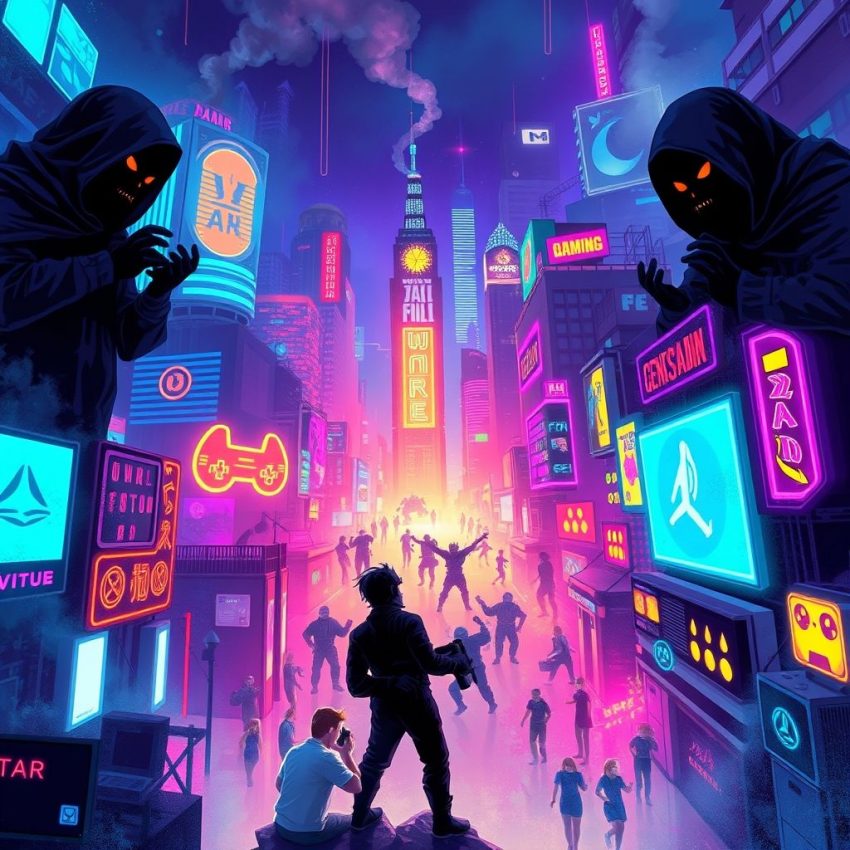Following Video Games Weekly: Censorship and the Stolen Virtue of Puritanical Purity
This week in the world of video games, the conversation isn't about groundbreaking graphics or innovative gameplay; it's about censorship and the insidious creep of a self-proclaimed moral high ground. We're seeing a resurgence of puritanical attitudes masquerading as virtuous concern, and it's impacting the games we play and the stories we experience.
The recent controversy surrounding [Insert specific recent example of game censorship here – e.g., a game's removal from a platform, a change to game content due to pressure, etc.] perfectly encapsulates this issue. The arguments levied against the game – often citing concerns over violence, sexuality, or political messaging – frequently lack nuance and critical thinking. They often fall back on broad strokes, painting entire genres or even mediums with the brush of "immorality" without acknowledging the artistic merit, the complex narratives, or the potential for social commentary within these works.
The irony is striking. Those championing censorship often present themselves as defenders of morality, protectors of vulnerable audiences. Yet, their actions often betray a deeper agenda: a desire to control narrative, to silence dissenting voices, and ultimately, to impose their own worldview on everyone else. This is not about protecting children; it's about policing thought and expression. They've stolen the mantle of puritanical virtue, using it as a shield to justify their restrictive measures.
This isn't a plea for unchecked freedom of expression, of course. Harmful content does exist, and responsible discussion regarding its impact is crucial. But blanket bans and knee-jerk reactions to perceived offense are not the solution. The real challenge lies in fostering media literacy, critical thinking skills, and age-appropriate content guidelines that empower individuals to engage with media responsibly, rather than attempting to shield them from it entirely.
Here's where we need to ask ourselves some tough questions:
- Who decides what is "morally acceptable"? Is it a select group of individuals imposing their values on the rest of us? What about differing cultural perspectives?
- What are the unintended consequences of censorship? Does it stifle creativity and innovation? Does it limit the potential for meaningful dialogue on important social issues?
- How can we encourage a more nuanced discussion about content in video games, one that moves beyond simplistic good vs. evil narratives?
The fight against censorship in video games is not just about protecting our right to play; it’s about defending the freedom of expression, the diversity of voices, and the power of storytelling. Let's not allow the stolen valor of puritanical purity to dictate what we can and cannot experience in the virtual worlds we inhabit.
What are your thoughts on the recent wave of censorship in the gaming industry? Share your opinions in the comments below.
Don’t miss out on this exclusive deal, specially curated for our readers!
This page includes affiliate links. If you make a qualifying purchase through these links, I may earn a commission at no extra cost to you. For more details, please refer to the disclaimer page. disclaimer page.

